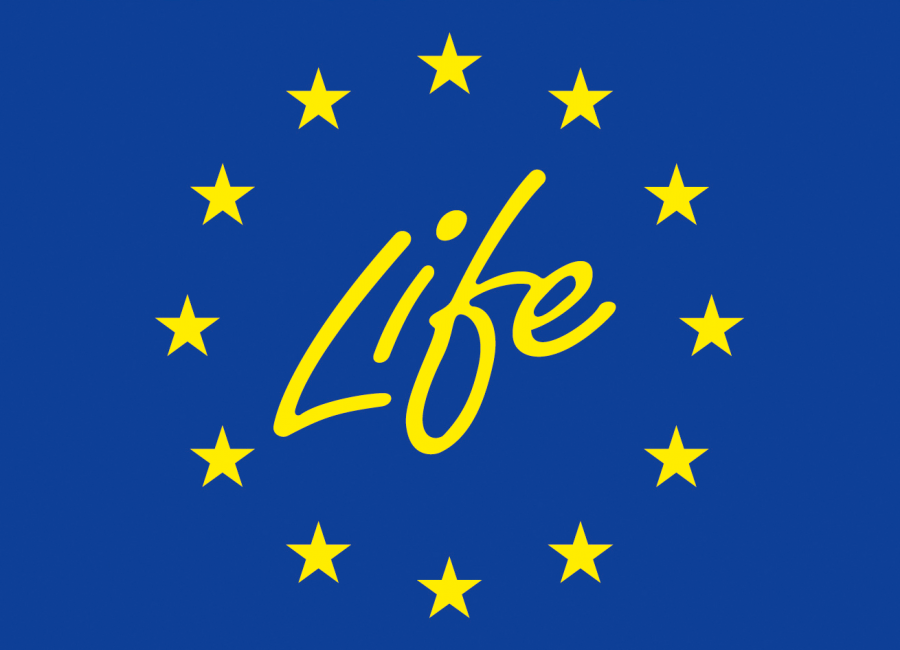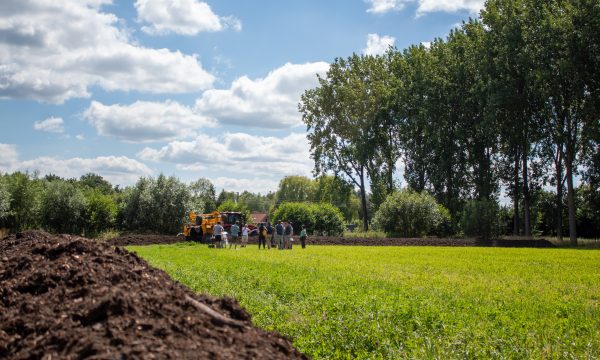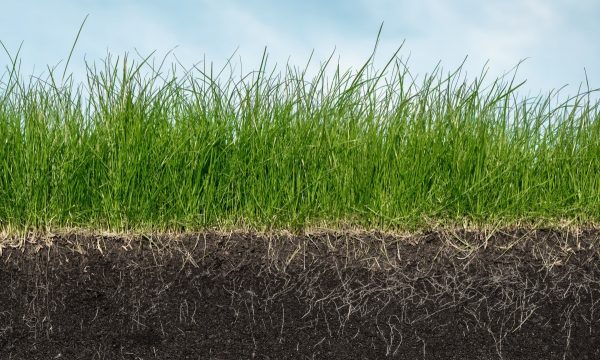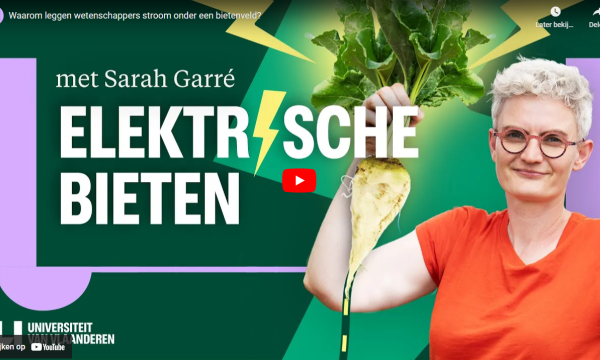Press release ILVO and Agriculture and Fisheries Policy Area create a roadmap and geodata platform for carbon farming in Flanders

The effects of climate change are becoming increasingly visible. Carbon farming can help to mitigate climate change and at the same time increase the resilience of soils. In Flanders, interest in carbon farming is also increasing. Scattered initiatives are emerging, among others from companies who want to compensate farmers for storing carbon in their (arable) soils. In the recently started LIFE CarbonCounts project, ILVO and the policy Department of Agriculture and Fisheries will investigate how carbon farming can be implemented more broadly in a feasible, fair and efficient manner, and work on a geodata platform for the further development of carbon farming in Flanders.
Carbon farming: what and why?
The agricultural sector is already making considerable efforts to reduce greenhouse gas emissions and achieve the Flemish climate objectives. Carbon storage in agricultural soils can play an important role here. Through carbon farmers, farmers can remove CO2 from the air and fix carbon in the soil. This can be done, for example, by adjusting the type of crops or the crop rotation, or by apply stable organic amendments, such as compost.
Moreover, carbon storage in agricultural soils also contributes to improving soil quality and increasing resilience to extreme weather events due to climate change, such as drought and flooding.
Internationally, experts are studying how this natural process can be promoted via a reward system for farmers. "A kind of (Flemish) carbon market (public and/or private) can stimulate carbon storage and create a win-win situation for farmers," also say the initiators of LIFE CarbonCounts.
Roadmap and action platform
ILVO and Flanders’ Department of Agriculture and Fisheries will carry out a system analysis in close consultation with stakeholders (agricultural organizations, policy, research, advisors, NGOs, companies, certification bodies, etc.) in order to identify the current bottlenecks, needs and requirements (knowledge, data, regulatory framework, etc.).
"In order for farmers to make a systematic and effective effort to increase carbon stocks in agricultural soils, a clear roadmap is needed. This will state which barriers need to be overcome by which different stakeholders. We will also include the lessons learned (do's and don'ts) from running projects."
The final goal of the project is the development of an action platform for carbon farming in Flanders, which can execute the elaborated roadmap (from February 2023).
Geodata platform: monitoring, registration, data
The LIFE CarbonCounts project is also developing a geodata platform to record, monitor and quantify carbon farming actions. "Importantly, it is also looking at how the carbon farming efforts of Flemish farmers can be taken into consideration in the greenhouse gas accounting. This accounting serves for the international reporting of what each EU member state achieves in terms of climate objectives". ILVO and the Department of Agriculture and Fisheries will initially work on a geodata platform for agroforestry, small landscape elements and carbon storage in agricultural soils.
Flemish minister Hilde Crevits sees links to eco-schemes
Flemish Minister of Agriculture and Food Hilde Crevits: "The fight against climate change concerns us all. Our farmers are also the first to feel the negative effects. Fortunately, they can play an important role in this fight, for example through carbon farming. This project must allow future carbon farming projects, private or public, to use the same certification rules and have the same scientific basis. Carbon farming also has its place in the new pre-ecoschemes, which run until 2022. Farmers will be supported to add large amount of effective organic carbon into the soil through the crop rotation. In the next Common Agricultural Policy, which will run from 2023 onwards, attention will be paid both to the build-up of organic carbon under permanent pasture and to increasing the organic carbon content in arable land. In addition, both green investments in e.g. hedges and the planting and maintenance of agroforestry systems will be strongly supported."
A call for participation
Perhaps organisations, companies or citizens who, with a good deal of expertise and drive, want to reflect and work with us on the roadmap for carbon farming in Flanders? The LIFE CarbonCounts project is calling on them to step up. Contact Sofie Annys (sofie.annys@ilvo.vlaanderen.be).
This communication is part of the project 'LIFE Carbon Counts: Enabling Carbon Farming in Flanders by establishing a geospatial information system', funded by the European Commission (LIFE20 Preparatory Projects LIFE20 PRE/BE/019) and the Flemish Government.


